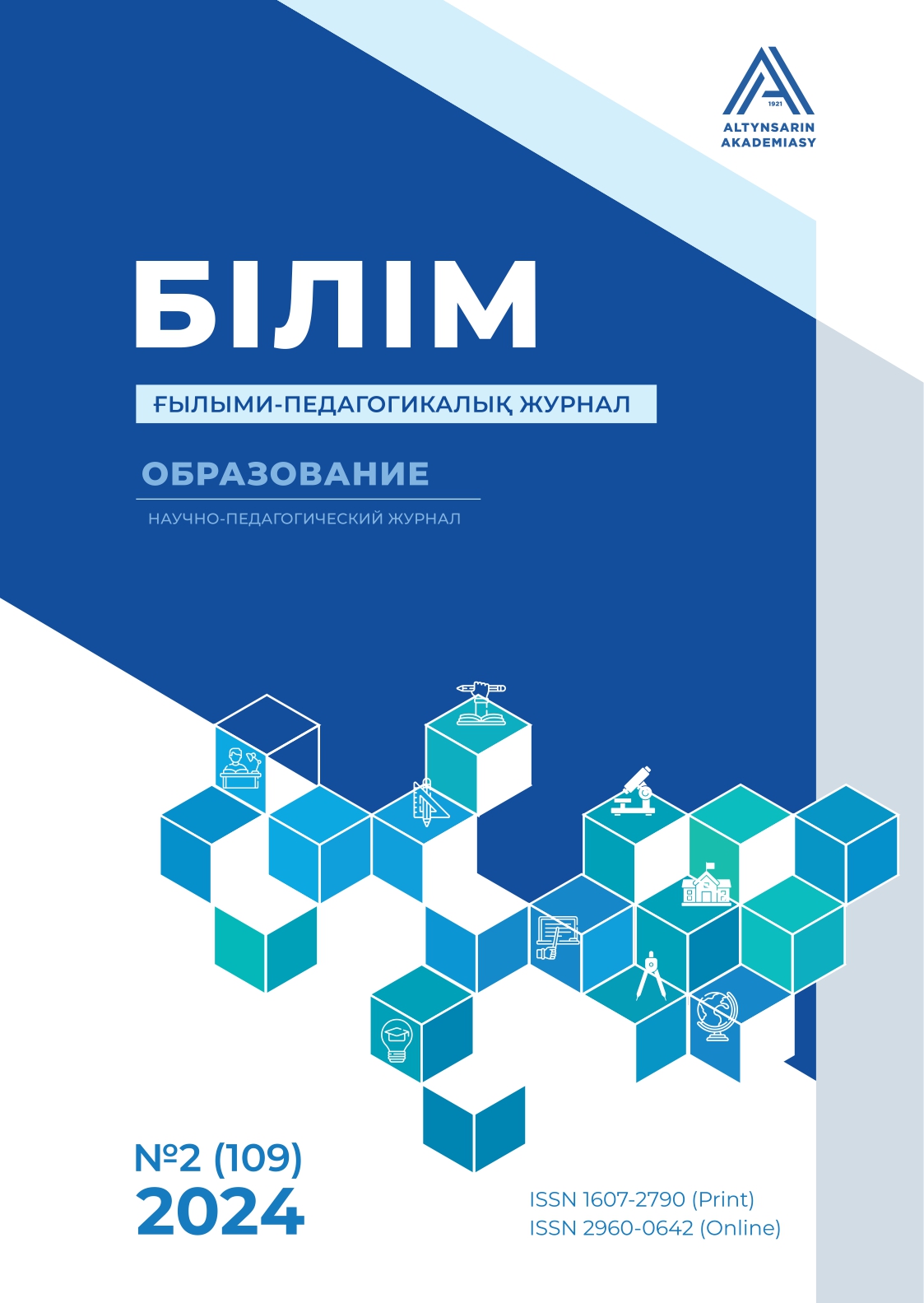Мотивация обучающихся сельских школ в процессе изучения английского как иностранного языка
DOI:
https://doi.org/10.59941/2960-0642-2024-2-53-62Ключевые слова:
глобализация, сельские школы, английский как иностранный, мотивация, влияние семьиАннотация
Было проведено множество эмпирических исследований для изучения мотивации обучающихся в изучении английского языка как иностранного, учитывая его растущую силу и влияние глобализации. Однако в предыдущих исследованиях в Казахстанском контексте голоса школьников почти отсутствовали, особенно в сельской местности. Следовательно, целью данного исследования было изучение мотивационных ориентаций при изучении английского языка как иностранного в одной из сельских школ. Для этого были сформулированы следующие исследовательские вопросы: 1) Каковы мотивационные ориентиры обучающихся в изучении английского языка как иностранного? 2) Какие стратегии считаются полезными для повышения их мотивации? В исследовании применялась система Motivational Language 2 System предложенная Дорнеем (2005). Он построен на трех компонентах: Ideal 2 Self; Ought 2 Self; Language 2 learning experience. Исследование проводилось с помощью качественного метода. Данные были собраны с помощью полу-структурированных индивидуальных интервью с девятью учениками 9-х классов. Для анализа данных использовались шесть этапов тематического анализа, разработанного Брауном и Кларком (2013). Исследование показало, что Ideal 2 Self учащихся преобладает над Ought 2 Self, где семья и будущие планы оказались наиболее влиятельными факторами. Из этого исследования было предложено несколько рекомендаций, таких как проведение уроков на английском языке, организация школьных соревнований, добавление дополнительных классов и открытие частных репетиторских центров в селе.
 ҚАЗ
ҚАЗ РУС
РУС ENG
ENG
